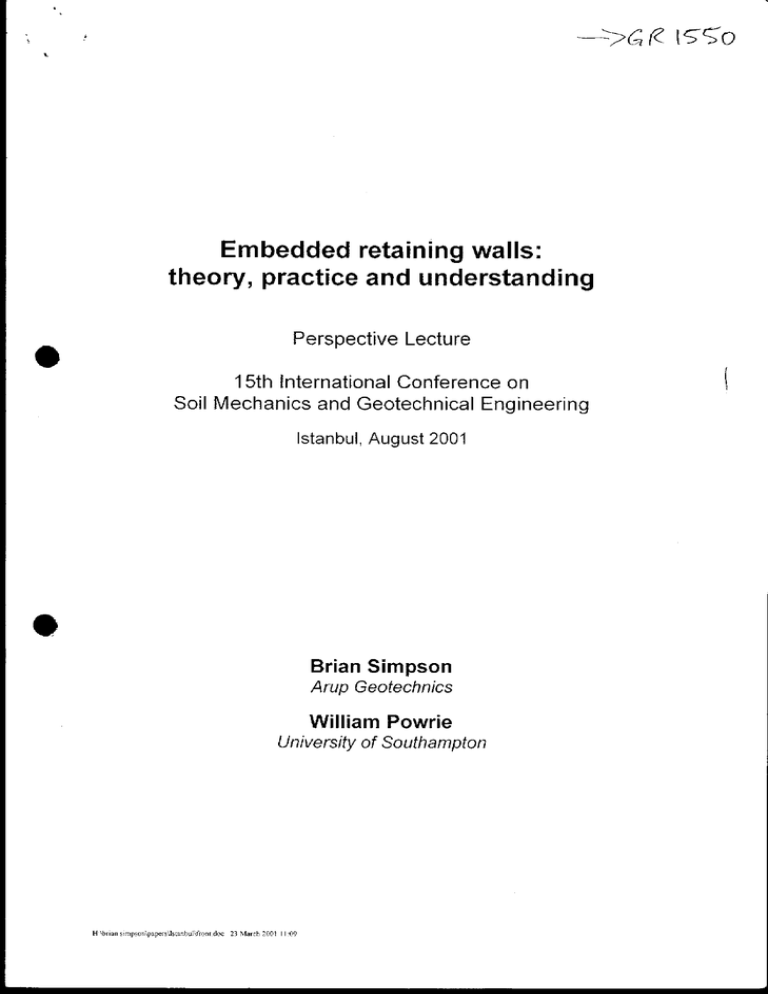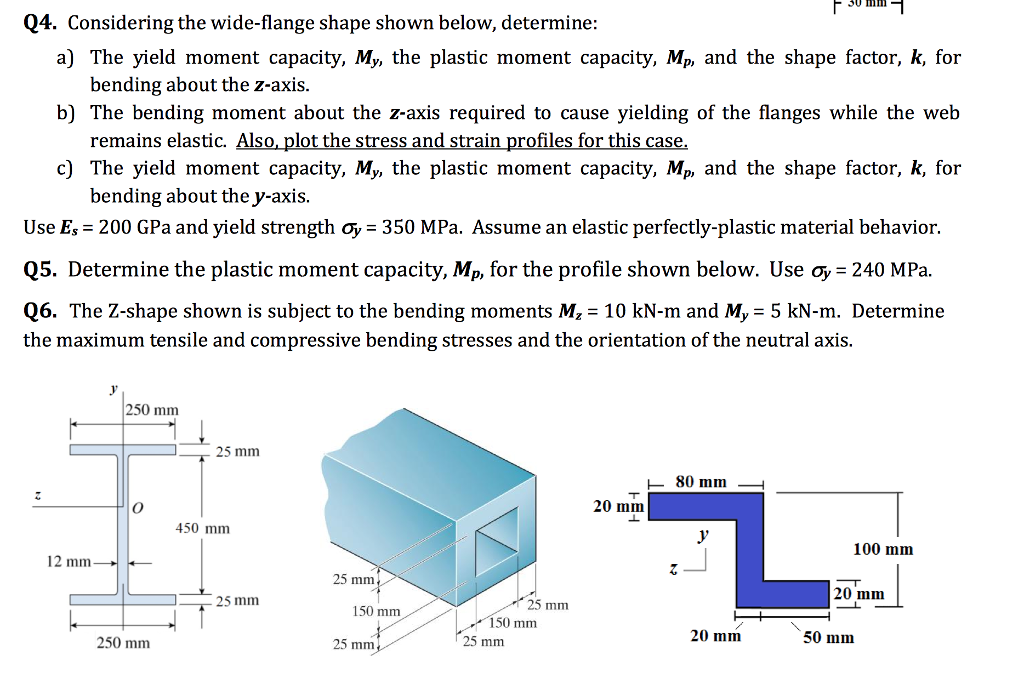

It is therefore clear that a potential exists in the implementation of compensation grouting technology in the form of a new technique applicable to deep retained excavations to enable closer control of surrounding ground movements. which showed effective implementation of compensation grouting in combination with a live active ground surface movement monitoring system in response to tunnelling induced movements across a number of sites.

The most recent example of this was demonstrated in the Crossrail project in London, U.K.

This technique, commonly referred to as compensation grouting has shown to be capable of reversing and controlling any excavation induced ground movements within specified tolerances when used in conjunction with the observational method proposed by Peck (1969). In contrast, the excavation of underground tunnels in a variety of soils has seen repeated successful implementation of grout injections into the ground either behind or ahead of the advancing tunnel face. The last six decades have seen the research and exploration of new methods to control ground surface movements around excavations such as anti-heave piles (McNamara, 2001), permeation grouting, jet grouting and underpinning, each with varying degrees of success and each often limited to specific soil types and conditions.


 0 kommentar(er)
0 kommentar(er)
